Bluetooth SIG seeing increased member focus on enhanced treatment solutions and smarter healthcare facilities
Beyond the release of the public exposure notification system (ENS) and a concentration on safe return solutions, the Bluetooth Special Interest Group (SIG) tells Incisor.TV that it has continued to hone in on technologies dedicated to enhancing patient care and optimizing healthcare facilities. These new technologies rooted in healthcare are reinforcing patient-centricity and patient satisfaction by improving the care experiences before, during and after a hospital stay. Additionally, smart hospitals that are optimizing healthcare facility operations offer assistance from automated systems for healthcare workers and cost-cutting benefits for business operations.
With an estimated 64 million Bluetooth patient monitoring devices shipping per year by 2025 and extensive growth of implementations involving Bluetooth location services in healthcare settings by that same year, there continues to be a heightened focus on solutions that address the health and safety of patients and caregivers. This includes real-time monitoring solutions, telehealth diagnosis tools, over the counter and medical wearables, remote sensing devices, and more. By providing efficient pre- and post-treatment solutions, the SIG says Bluetooth technology has become integral to the entire progression of patient care.
“The pandemic highlighted the urgent need for patient monitoring and treatment solutions that could also enhance the health and safety of caregivers,” said Chuck Sabin, senior director of market development at the Bluetooth SIG. “We have seen a significant number of our member companies who have started using Bluetooth technology to assist in delivering these types of solutions before treatment, during treatment, and after treatment.”
Bluetooth technology has also been working in the background to improve overall safety and operational efficiency within healthcare facilities, including Bluetooth based solutions for quarantine management, access control, optimized patient routing, asset tracking, and monitoring staff hygiene. The adoption of these solutions is driven both by immediate needs to control costs and improve safety along with longer-term goals focused on enhancing overall patient care. These shifting patterns within healthcare are encouraging hospitals to redefine themselves to meet new customer demands and patient expectations for care delivery.
Kapil Asher, Director of Enterprise IoT Solutions at Kontakt.io told Incisor.TV: “Bluetooth enabled real-time location system (RTLS) trackers help to minimize staff duress, optimize workflows, improve occupancy management, and augment equipment tracking within healthcare settings in order to allow for more effective and concentrated patient care. The pandemic caused longer work hours and staff shortages, and Bluetooth Low Energy beacons offer a cost-effective, easy-to-use and flexible solution to help enhance these healthcare facilities and deliver advanced patient care.”
Adipiscing elit, sed do
Lorem ipsum dolor sit amet, consectetur adipiscing elit, sed do eiusmod tempor incididunt ut labore et dolore magna aliqua.
Tempor incididunt ut labore et dolore
Lorem ipsum dolor sit amet, consectetur adipiscing elit, sed do eiusmod tempor incididunt ut labore et dolore magna aliqua.
Related Articles

The cellular IoT gateway market reached US$ 1.15 billion in 2021
Market is driven by the growing need to connect assets and work forces in remote and temporary locations Berg Insight, an IoT market research provider, has released new findings about the market for cellular IoT gateways and routers. More than 4.5 million cellular IoT...
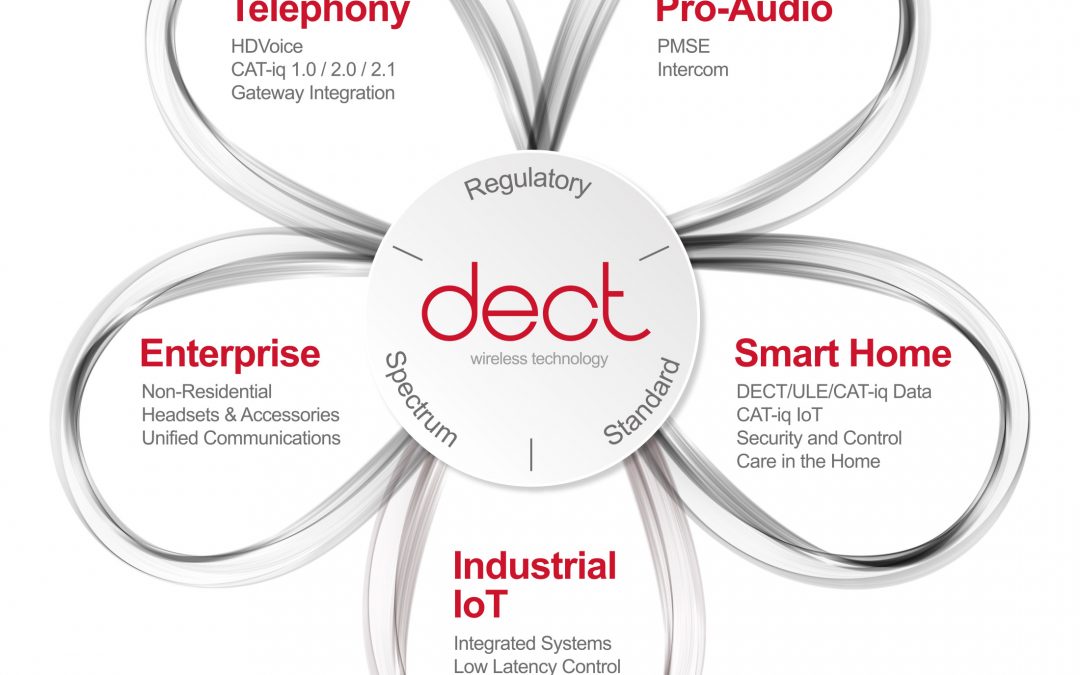
DECT Security Step B&C Certification Available
The DECT Forum has announced the launch of the Certification Program for DECT Security Steps B&C. Security is an increasingly important topic in all IT and Telecom solutions, whether they are fixed or wireless. The DECT standard has evolved over time to stay ahead...
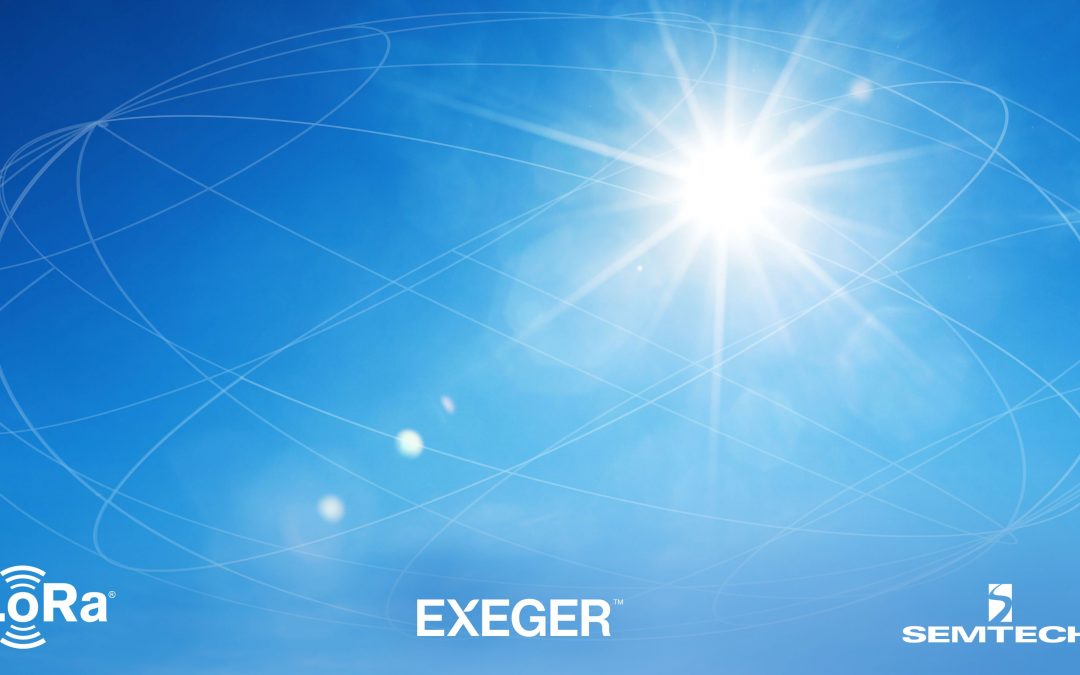
Semtech and Exeger demo solar harvesting tech for Internet of Things (IoT) sensors
Exeger’s Powerfoyle solar harvesting cell technology combined with Semtech’s LoRa Edge platform claimed to enable more efficient and sustainable IoT tracking applications Semtech Corp. has announced a collaboration with Exeger, a Swedish deep-tech company...
Stay Up to Date With The Latest News & Updates
Our Sponsors
Incisor.TV partners with leading organisations in the technology sector.
Follow Us
And stay up to date with our news! We are active across the key social media platforms – please do follow us!

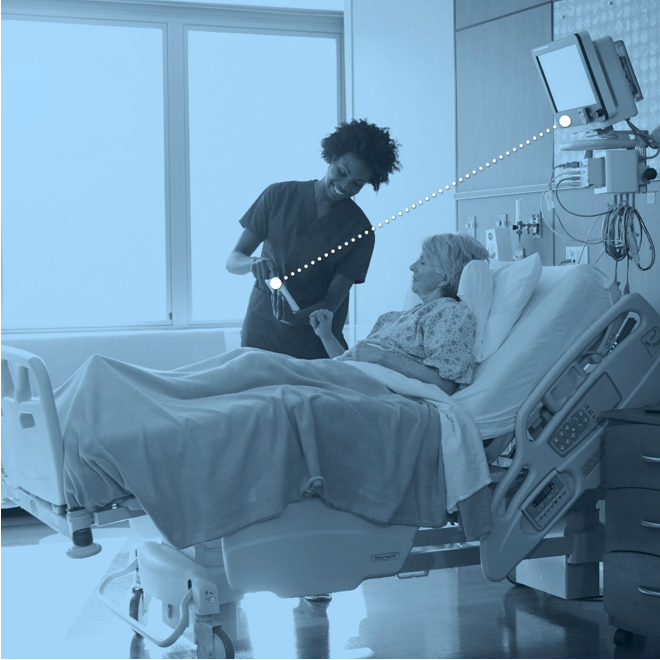
0 Comments